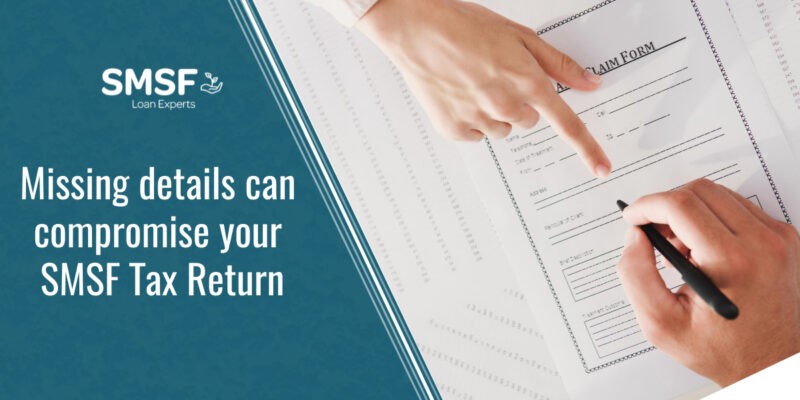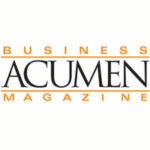If you’re new on the SMSF scene or have an outstanding return from last year, then your fund’s SMSF Annual Return (SAR) due date is just around the corner — but are you going to be to blame for a non-complying status or penalty?
We want to ensure that you can lodge your SMSF’s annual return with confidence, particularly if it’s your first. Read on to find out the most common human errors on SARs that could send your SMSF into non-complying status territory.
What’s involved in an SMSF Annual Return
Every year, just like individuals, self-managed super funds are required to lodge their annual tax return, which covers the SMSF’s income tax as well as member contributions and regulatory reporting. Like individual tax returns, the SMSF tax return due date is usually 31 October. However, newly registered SMSFs are granted a little extra time, falling due on 28 February if you are lodging your own annual return.
What are the common mistakes when lodging a return for a self-managed super fund?
According to the Australian Taxation Office, failing to include bank account details or details of the approved auditor are the two most common SAR errors. If you don’t want to be one of the many SMSF owners who make a mistake on their annual return documents, then keep reading as we explain some of the common mistake areas on SMSF tax returns.
Bank Accounts
It may seem like a trivial detail, however, providing the bank account details of your SMSF is absolutely required to be reported on your SAR lodgement. It’s handy to remember that the bank account needs to be in the name of your SMSF. Of course, it needs to be completely separate from any trustee’s bank accounts, any third parties assisting in managing your SMSF, and of course, your SMSF members.
Incorrect or missing details from your SMSF audit
Given that they are due at maximum, 45 days before your SAR due date, it’s highly likely you would have completed your SMSF audit by now through an approved SMSF auditor. We hope you’ve taken down the details of the audit, as providing incorrect or missing auditor details was another key error area noted by the ATO.
Undergoing an audit is essential in the management of your fund and provides an independent check of your SMSF’s compliance with the rules that govern a self-managed superannuation fund. Approved SMSF auditors independently verify your fund’s transactions, liabilities and, of course, assets.
Details from your audit report are required on your SAR lodgement in order to complete the required regulatory information. Be sure to correctly note the date your audit was completed as well as your SMSF auditor number and name.
Asset valuation
At the end of each financial year, your SMSF’s assets need to valued. The asset valuation needs to be accurate if you want to keep your fund remaining compliant, and the valuation details are required for the fund’s SAR, statements and accounts. Of course, we understand that a moral SMSF trustee will not intentionally over or undervalue assets — but it is an area that the tax office heavily scrutinises, so it pays to be thorough in your asset valuations.
ABN information
Again, this seems like a tiny detail, which may explain why some people still forget to record their fund’s ABN details on their annual return. Obviously, the fund’s ABN being recorded allows the ATO to align the return with the correct fund and correctly reflect its account details within the ATO’s online services.
What are the consequences of getting my fund’s SAR wrong?
The consequences of getting your SMSF annual return wrong can prove costly, so it pays to make sure that you gain professional advice and use a registered tax agent if you have any reservations about the process. SMSF annual returns are serious business (which your tax agent can attest to); not only are there penalties that may be imposed for inaccurate or missing information, but you may also lose your SMSF’s tax concessions or be deemed a non-complying fund. If your SAR isn’t complete, or accurate, it won’t be deemed an assessment which could push back your notice of assessment and receipt of any refund.
Your self managed superannuation fund is there to help you grow your retirement savings, but non-compliance can mean that any rent from the property you hold in super may be taxed at a higher rate — which will significantly eat into your total income!
If you need help preparing for this year’s return, contact us to put you in front of industry professionals.







